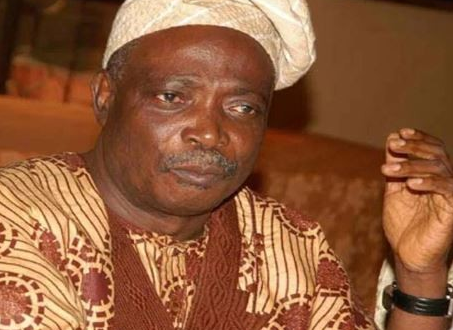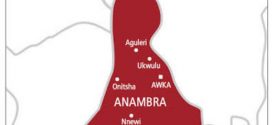The Federal High Court in Lagos has declared former Governor of Oyo State, Rasheed Ladoja and a former Commissioner for Finance, Waheed Akanbi, not guilty of the N4.7 billion fraud allegations levelled against them by the EFCC.
At the hearing of the case on Friday, Justice Mohammed Idris stated that the prosecution was not consistent with the amount of money missing from the sale of the Oyo State Government’s shares.
The court, thereafter, found them not guilty of all the 11 counts.
The Economic and Financial Crimes Commission (EFCC) had accused Mr Ladoja of converting N4.7billion from the state’s treasury to his personal use.
He was arraigned alongside his former Commissioner for Finance, Waheed Akanbi, on 11 counts of money laundering and unlawful conversion of public funds.
In one of the counts, Ladoja and Akanbi were accused of converting a sum of N1,932,940,032.48, belonging to Oyo State government to their personal use, using a bank account of a company – Heritage Apartments Limited.
The EFCC claimed that they retained the money sometime in 2007, despite their knowledge that it was proceed of criminal conduct.
In another instance, the former governor was accused of removing the sum of £600,000 from the state coffers in 2007 and sent it to Bimpe Ladoja, who was at the time in London.
Ladoja was also accused of converting the sum of N42million belonging to the state to his own and subsequently used it to purchase an armoured Land Cruiser jeep.
He was also charged with converting a sum of N728,600,000 and another N77,850,000 at separate times in 2007 to his own.
The EFCC claimed that Ladoja transferred the N77,850,000 to one Bistrum Investments, which he purportedly nominated to help him purchase a property named Quarter 361, Ibadan, Oyo State.
The anti-graft agency told the court that Ladoja and Akanbi acted contrary to sections 17(a) and 18(1) of the Money Laundering (Prohibition) Act, 2004, and were liable to be punished under sections 14(1), 16(a) (b) and 18(2) of the same Act
 Hottestgistnaija.com
Hottestgistnaija.com





